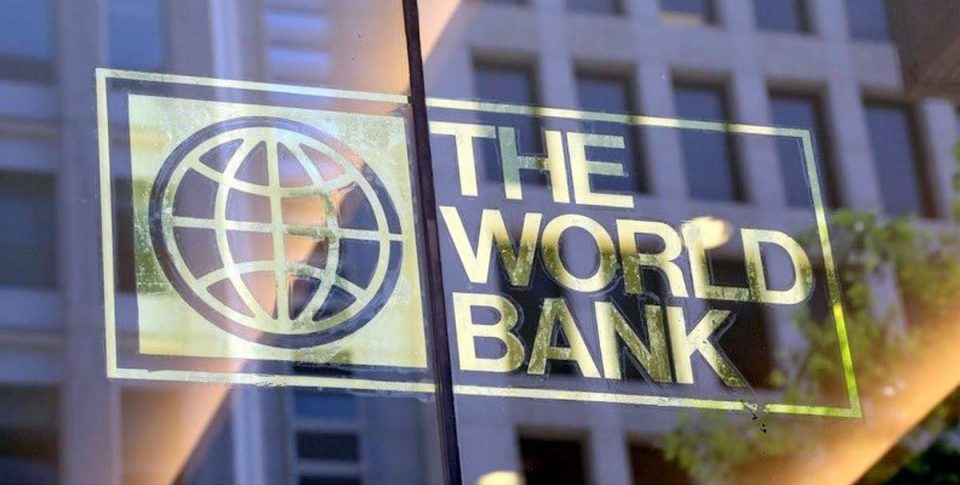Naira depreciated by 10% in 2022 – World Bank
The World Bank has revealed that the naira has suffered a record depreciation of 10.2 per cent in 2022.
This, the World Bank attributed to rising food and fuel prices globally and the depreciation of the exchange rate as major contributors to inflationary pressures in the Sub-Saharan region.
Similarly, the loan-granting financial institution noted that the Ghanaian cedi also suffered a depreciation of about 40 per cent and had weakened an additional 20 per cent so far in 2023.
“Other currencies with significant losses last year include those of Sudan (23.6 per cent), Malawi (20.7 per cent), The Gambia (14.6 per cent), and Nigeria” it stated.
However, for Nigeria, the World Bank disclosed that oil production picked up in late 2022 and noted that improved security has aided to prevent further oil theft but oil production remains below the OPEC+ quota.
It was noted also that in January 2023, oil production increased to a 10-month high of 1.34 million barrels per day, but this output is still below the country’s OPEC+ quota.
But “non-oil economic activity remained weak as the agriculture and industrial sectors experienced a rapid increase in the costs of energy and raw materials that were magnified by a weaker naira in the foreign exchange market,” the report said.
According to the World Bank, in Western and Central Africa subregion, data pointed to moderation of growth at the start of the year due to challenges from mounting fiscal pressures amid a lack of fiscal space and unsustainable debt positions, as well as stubbornly high inflation, affecting the largest countries in the sub-region.
“In Nigeria, recently released activity data show mixed results. On the one hand, real GDP growth was higher than expected in the fourth quarter of 2022. It picked up to 3.5 per cent y/y, from 2.3 per cent in the third quarter. Both oil and non-oil sector activity improved by late 2022,” it said.
Growth in non-oil activity reportedly increased slightly to 4.4 per cent year-over-year in the fourth quarter of 2022, from 4.3 per cent in the third quarter.
“Faster growth in agriculture and a recovery in manufacturing appears to have driven this increase. However, the demonetization efforts that started in mid-December are weighing on economic activity,” it added.




